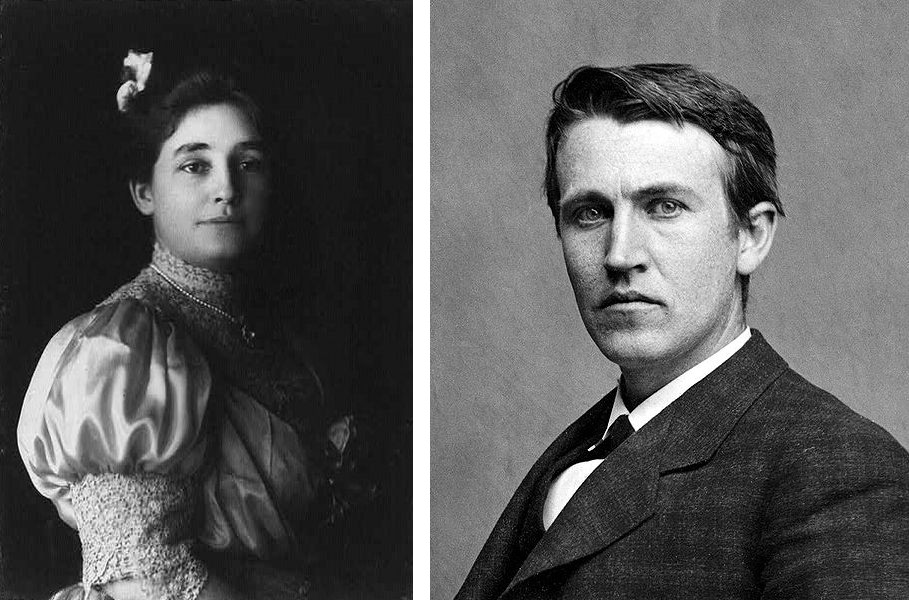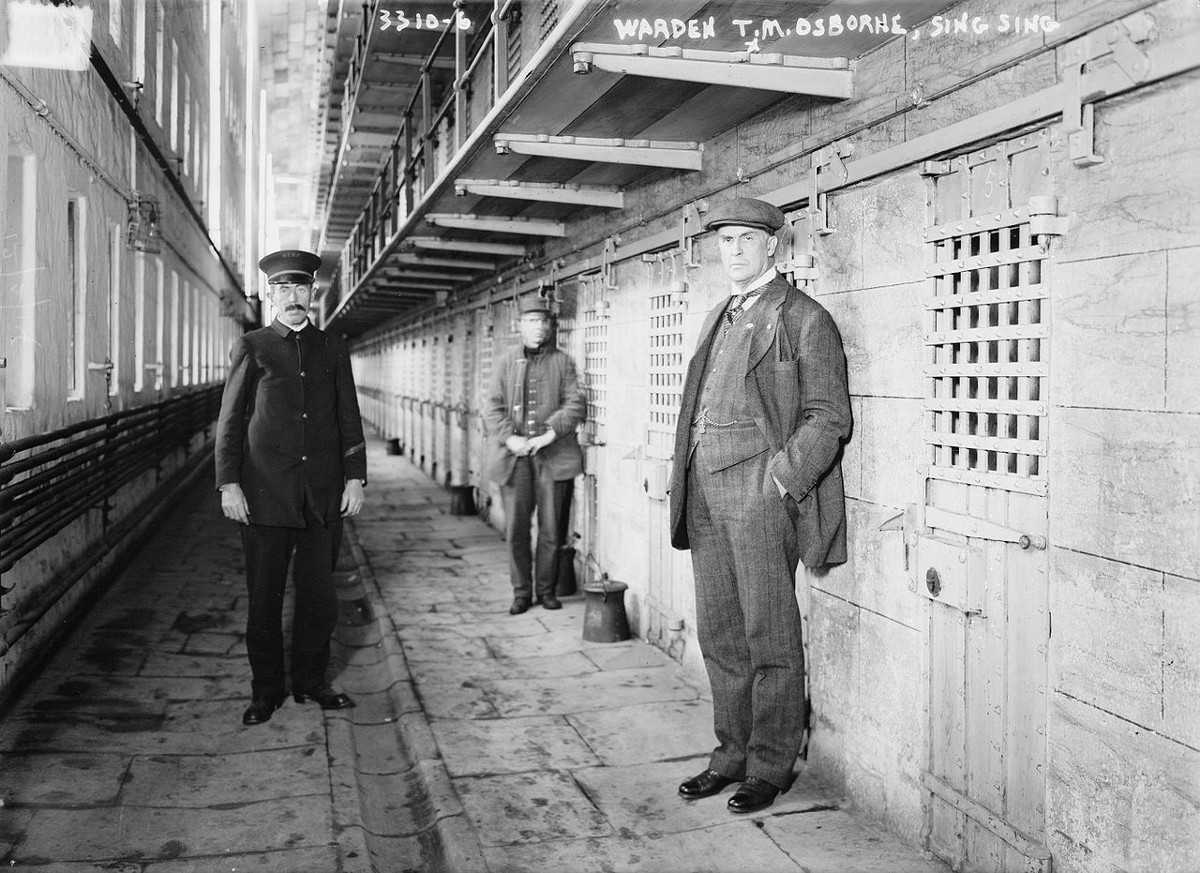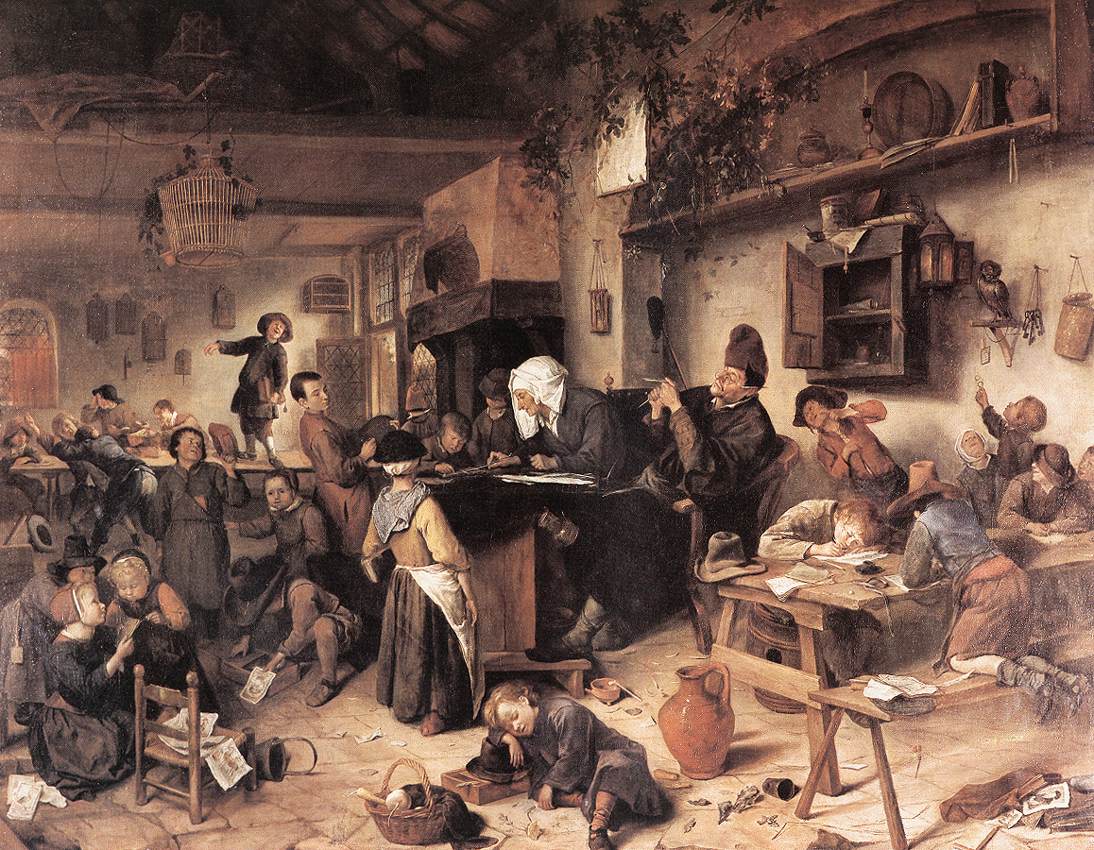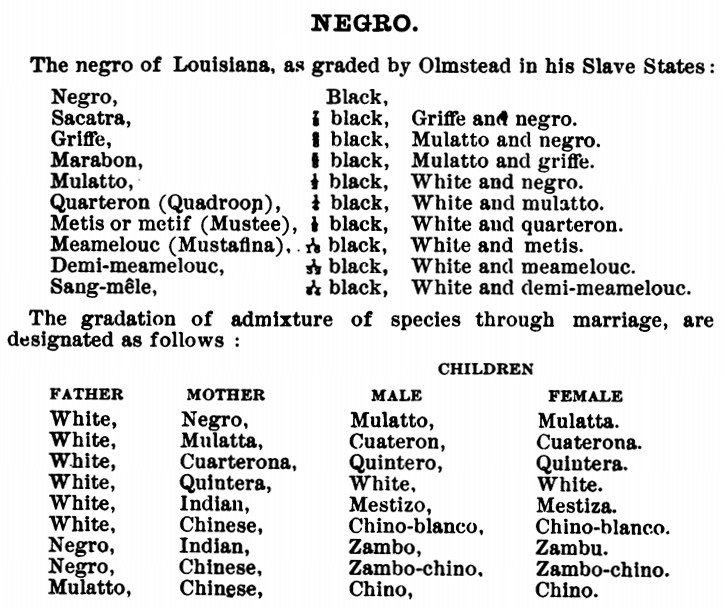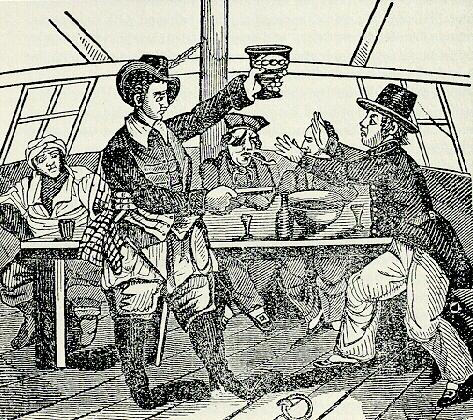
German playwright Ernst Toller was arrested for socialist activities in 1919. His 1937 collection of letters from prison, Look Through the Bars, includes this memory:
Stadelheim 1919
Dear ——,
We are a hundred men here in prison, separated from our wives for months. Every conversation between any two men always ends in the same way — women.
The high walls prevent any view. Within the walls is a small hut. It was, we heard, some sort of wash-house, which was not used. One day one of us saw that the shutters of the hut were opened. He saw two women at work. One stayed in the wash-house, the other went away and locked the door. Soon we knew all. The two women were a wardress and a prisoner, who was to be released in a short time. She had been sentenced to eight years’ imprisonment for child-murder. She had already served five years; in a few weeks’ time she was to be pardoned.
It would be too complicated to tell you how we contrived to exchange notes with the girl. First playful and harmless ones, then feverish, passionate and confused ones. Everything which, in that closed-in existence, had come in dreams, wishes and fantasies went out to that woman. One morning she gave us a signal. We were to stand near the window at a certain hour.
Impossible to describe what happened. The woman opened her dress and stood naked at the window. She was surprised and taken away. We never saw her again. But we learned that the pardon had been annulled.
Never has a woman moved me so much as that little prisoner, who, in order to make men happy for a few seconds (in a very questionable way) suffered with unsophisticated wisdom three more years in prison.

